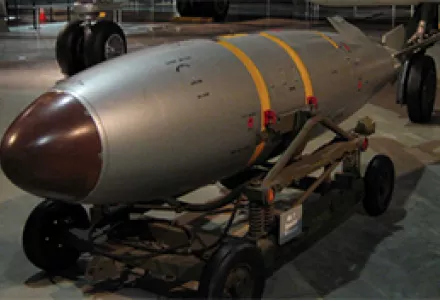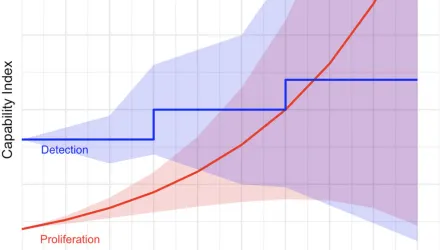How Nuclear Weapons Change Foreign Policy
How do nuclear weapons affect the foreign policies of the states that acquire them? In this presentation, MTA/ISP Predoctoral Research Fellow Mark S. Bell will first offer a typology of behaviours that nuclear weapons facilitate, distinguishing between aggression, expansion, independence, bolstering, steadfastness, and compromise. Second, he will offer a theory to explain why different states use nuclear weapons to facilitate different combinations of these behaviours. Third, he will useprimary evidence from the South African and British cases to offer an initial test of the theory.




